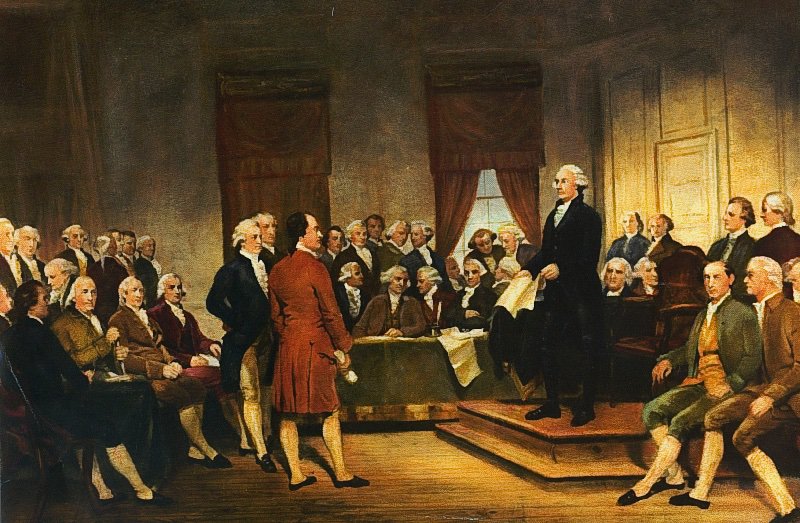
Historian, Hayes Chair @OhioState Mershon Ctr Carnegie Fellow 6 Books: Ideology in US Foreign Relations, Rethinking American Grand Strategy, Promise & Peril. ⚾️
How to get URL link on X (Twitter) App



https://twitter.com/RonFilipkowski/status/1395756654369587202Want to learn more about Washington & smallpox, here's Mt. Vernon mountvernon.org/library/digita…


https://twitter.com/ChuckGrassley/status/1240245244169420800Neutral Spain, on the other hand, did not impose wartime strictures against media coverage of the ravages of the flu, they covered it closely when King Alfonso XIII became very sick, & the world followed, assuming Spain as an origin point -- "Spanish Flu" or "La Grippe"





https://twitter.com/CassAGood/status/1177234136131624960"...The limitation of the period of his service, was not a sufficient security. He might lose his capacity after his appointment. He might pervert his administration into a scheme of peculation or oppression. He might betray his trust to foreign powers."